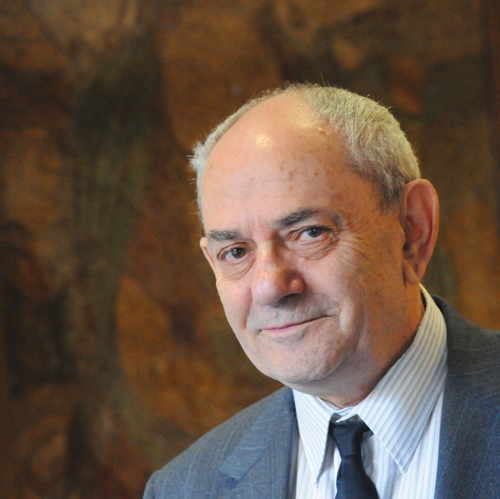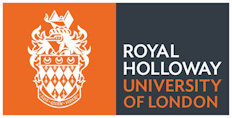About the Symposium
The purpose of Conformal Prediction is to complement predictions delivered by various algorithms of Machine Learning with valid probability measures of their accuracy and reliability. Conformal Prediction is a universal tool in the sense that it can be used in combination with any known algorithm, such as SVM, Neural Networks, etc.
A sister method of Venn prediction was developed at the same time as conformal prediction and is used for probabilistic prediction. The COPA series of workshops/symposia is a home for work in both conformal and Venn prediction. The aim of this symposium is to serve as a forum for the presentation of new and ongoing work and the exchange of ideas between researchers on any aspect of Conformal and Probabilistic Prediction and their applications to interesting problems of any field.
University of London Kolmogorov Lecture
Prof. Vladimir Vapnik will deliver the 2018 University of London Kolmogorov Lecture: "Rethinking Statistical Learning Theory: Learning Using Statistical Invariants."
Abstract
In the talk I will considers Teacher-Student interaction in learning processes. I will introduce a new learning paradigm, called Learning Using Statistical Invariants (LUSI), which is different from the classical one.
In the classical paradigm, learning machine constructs, using data, a classification or regression function that minimizes the expected loss; it is thus data-driven learning. In the LUSI paradigm, in order to construct the desired classification or regression function using both data and Teacher's input, learning machine computes statistical invariants that are specific for the problem, and then minimizes the expected loss in a way that preserves these invariants; so it is both data- and intelligence-driven learning.
From a mathematical point of view, methods of the classical paradigm employ mechanisms of strong convergence of approximations to the desired function, whereas methods of the new paradigm employ both strong and weak convergence mechanisms. This can significantly increase the rate of convergence.
 Invited Speaker, Professor Vladimir Vapnik (Facebook, Royal Holloway, University of London, Columbia University).
Invited Speaker, Professor Vladimir Vapnik (Facebook, Royal Holloway, University of London, Columbia University).
Andrei Kolmogorov (1903-1987) made fundamental contributions to probability theory, statistics, analysis, mathematical logic, the theory of algorithms, information theory, the theory of dynamic systems. His discoveries completely changed many of these areas. He was a brilliant teacher, with many of his students and followers continuing his groundbreaking work.
To celebrate the centenary of Kolmogorov's birth (25 April 1903), the Computer Learning Research Centre proposed the establishment of the University of London Kolmogorov Lecture and Medal. This decision was approved in 2002, and the Lectures have been held since then at Royal Holloway, University of London.
2
Special Sessions
30
Speakers
3
Sponsors
14
Countries
Important information
Dates
- Paper submission deadline (extended):
March 19th, 2018March 29th, 2018 - Author notifications: April 30th, 2018
- Poster abstract submission deadline: May 14th, 2018
- Camera-ready submission deadline: May 14th, 2018
- Conference dates: June 11th-13th, 2018
Contact
Minderbroedersberg 4-6, 6211 LK Maastricht, Netherlands
Zhiyuan.Luo@rhul.ac.uk
+44 1784 443697
Transport
The nearest airport is Maastricht Aachen Airport, just 15 minutes away from the venue.
More Information



